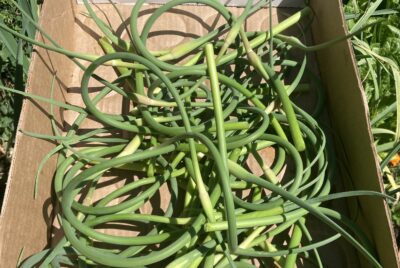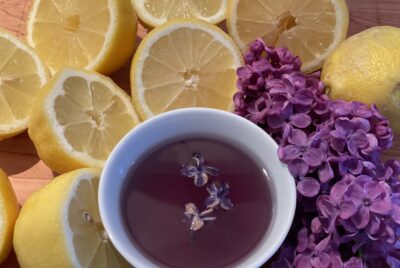RESEARCH
Garden Counseling Groups and Self-Esteem: A Mixed Methods Study With Children With Emotional and Behavioral Problems
Summary
This mixed-methods study investigated the impact of garden counseling groups on the self-esteem of 31 elementary school children with emotional and behavioral problems from a school in the southeastern United States. The intervention involved six small groups of children from kindergarten to fifth grade participating in 6-week group sessions, meeting twice weekly for 30-45 minutes. Activities included planting, weeding, watering, and general garden maintenance. After working in the garden, the children participated in discussions about their experiences and created drawings related to their feelings and thoughts about gardening.
Quantitative data, collected using the Piers-Harris Children’s Self-Concept Scale–2 (PHCSCS–2) pre- and post-intervention, indicated higher self-esteem among participants following the gardening group. Qualitative data from discussions about the children’s drawings revealed that participants felt calmer and happier and learned to work together through the group experience. The study suggests that garden counseling groups may be a beneficial intervention for improving self-esteem in children with emotional and behavioral problems.







